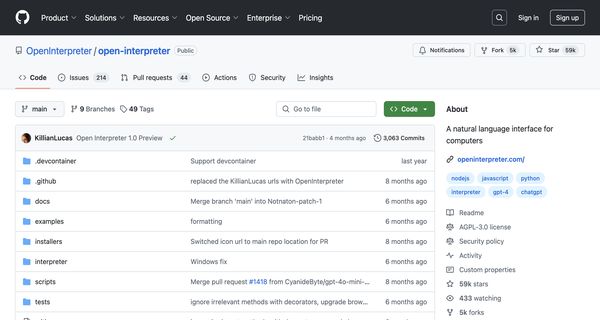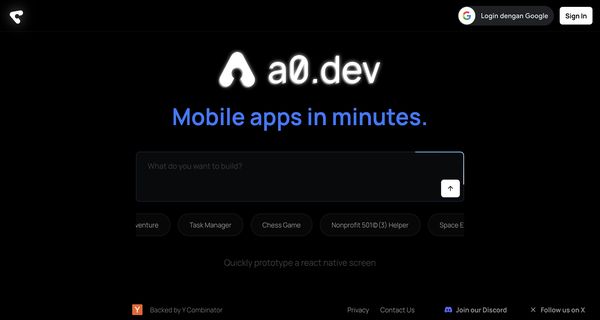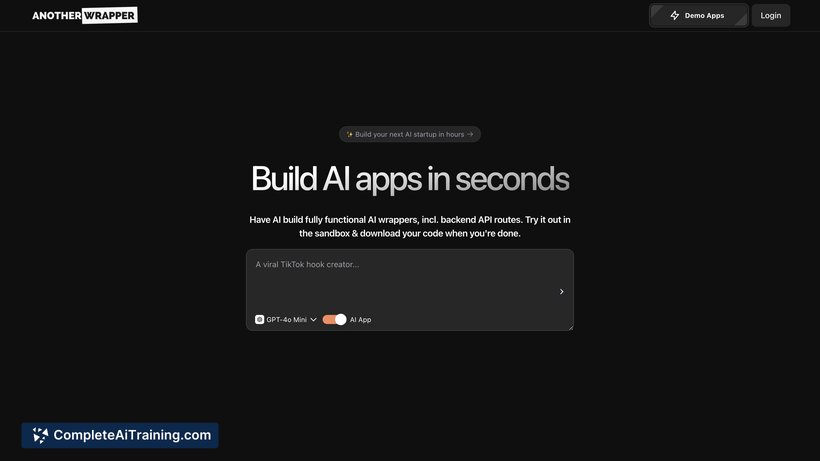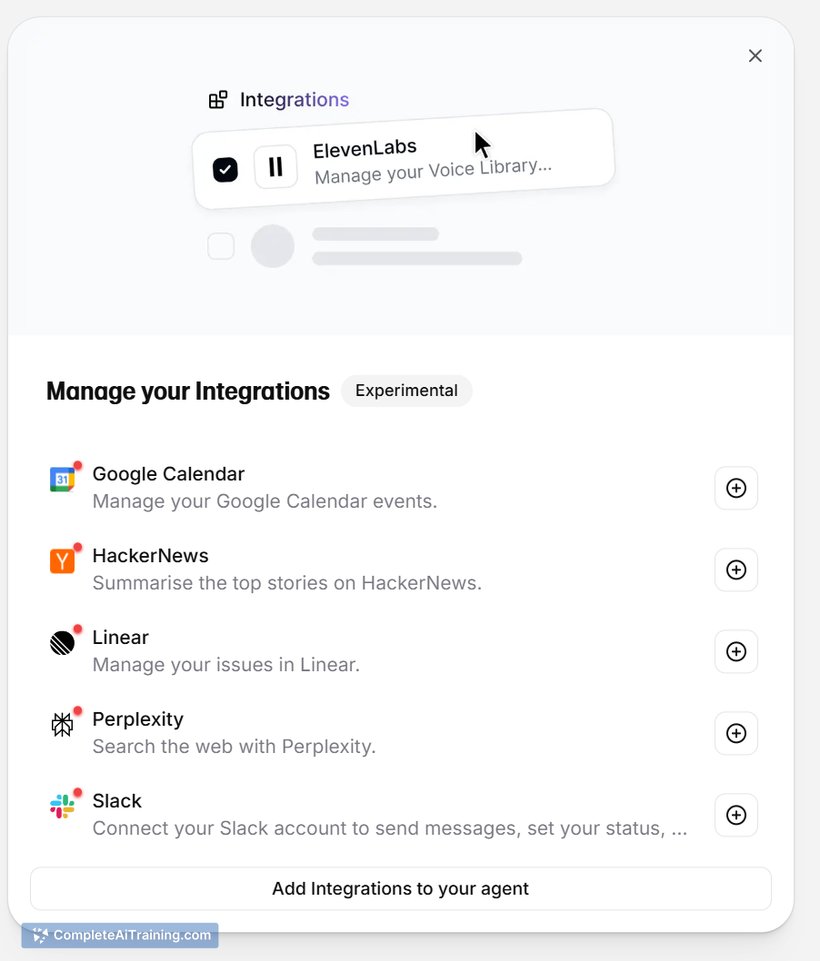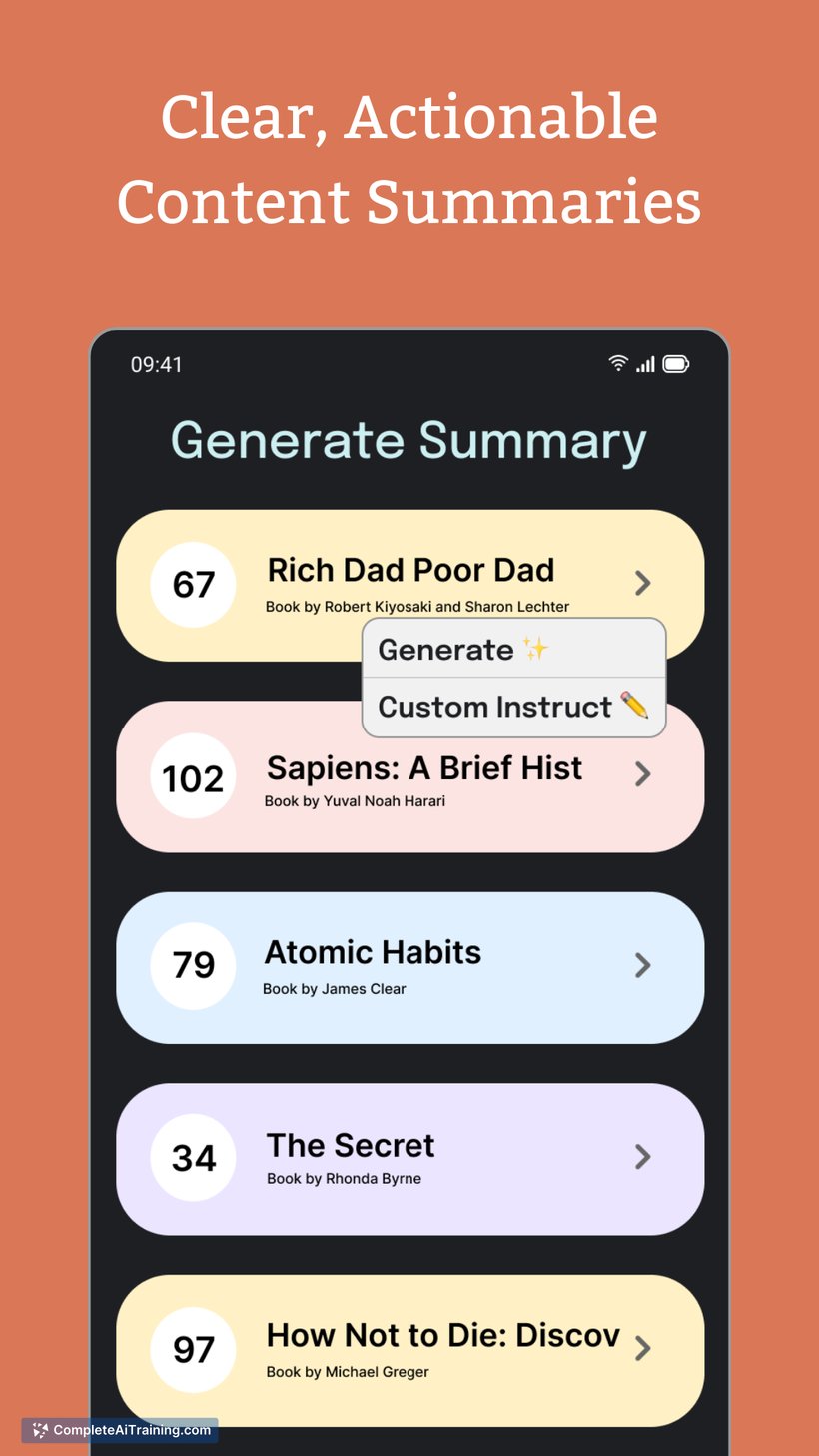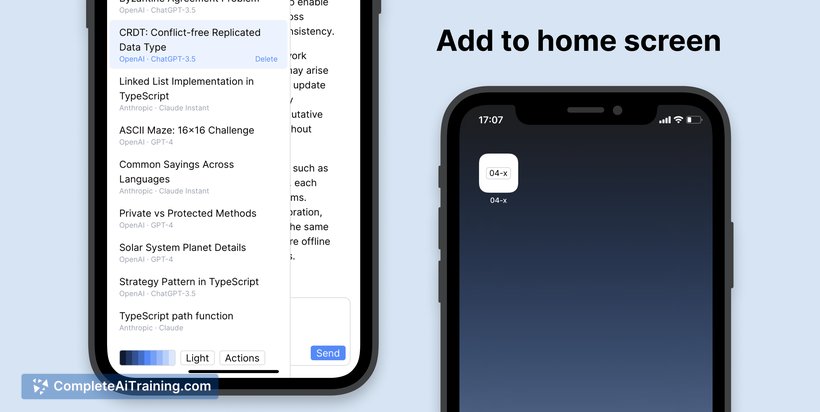About: Open Interpreter
Open Interpreter is a powerful utility designed to harness the capabilities of OpenAI's Code Interpreter, enabling users to execute code locally within their terminal environment. This tool offers a seamless natural-language interface, allowing users to interact with their computer's general-purpose functionalities using conversational prompts. Open Interpreter supports multiple programming languages, including Python, JavaScript, and Shell, making it versatile for diverse coding tasks.
Key features include an interactive chat interface that facilitates real-time coding assistance, programmatic chat for automation, and the ability to save and restore chat sessions for continuity. Users can customize system messages and switch between different models, enhancing personalization and adaptability based on specific needs. Furthermore, a debug mode is available to assist in troubleshooting code efficiently.
As an open-source solution licensed under the MIT License, Open Interpreter stands out by promoting transparency and community collaboration. Its combination of user-friendly interaction and robust coding support makes it an invaluable tool for developers, educators, and hobbyists alike, streamlining the coding process while fo...
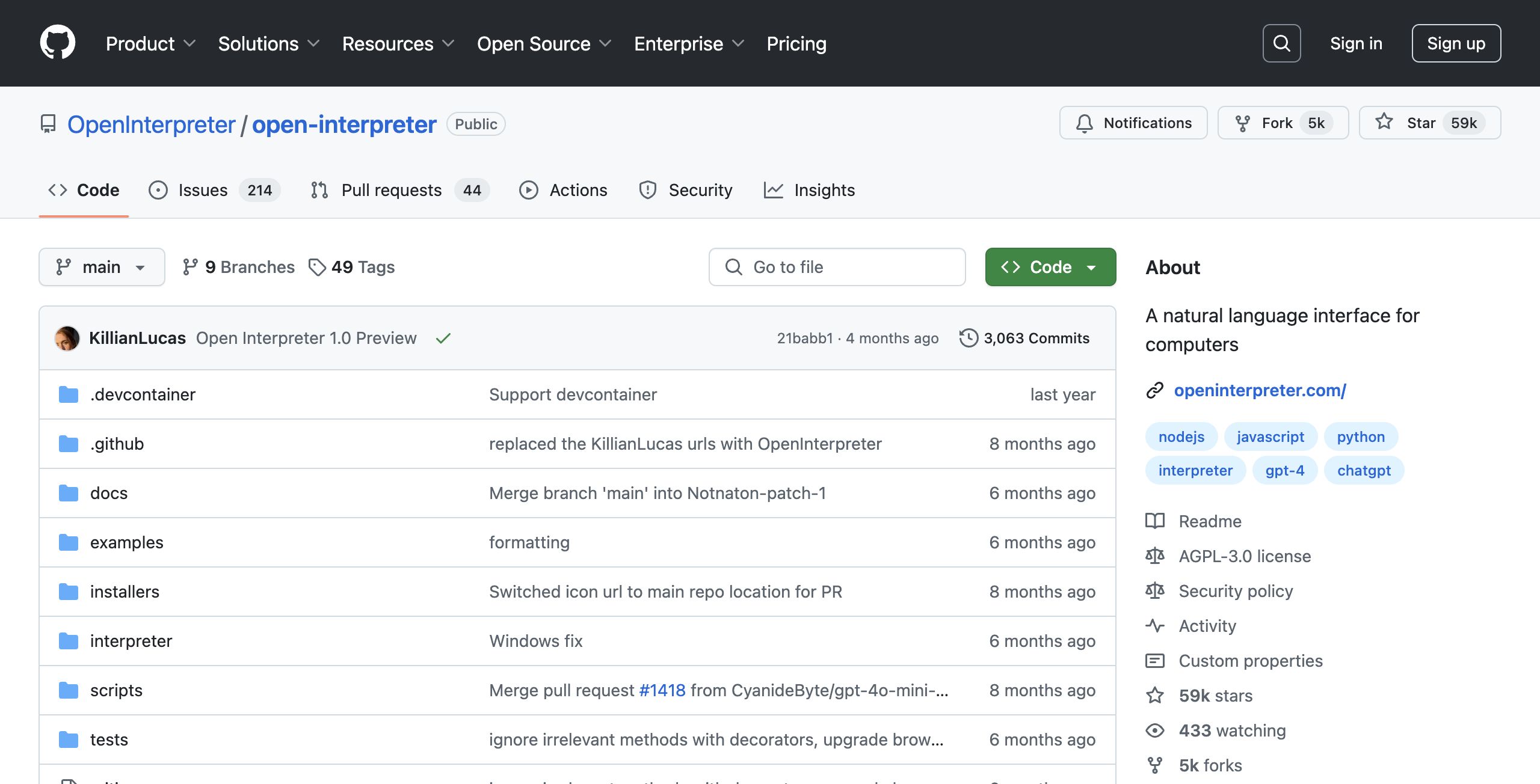
Review: Open Interpreter
Introduction
Open Interpreter is an innovative utility designed to enable users to run code in their terminal using natural language commands. Built to leverage language models for executing code locally, it offers support for multiple programming languages such as Python, JavaScript, and Shell. Open Interpreter is primarily aimed at developers, data scientists, and enthusiasts who want the power of an interactive coding assistant right at their fingertips. In today’s landscape where traditional cloud-hosted code interpreters face limitations, Open Interpreter provides a refreshing alternative by harnessing the flexibility and control of a local development environment.
Key Features
Open Interpreter comes packed with a variety of features that set it apart from its competitors:
- Interactive Chat Interface: Users can engage in natural language conversations to execute code, similar to ChatGPT’s Code Interpreter, but with all the benefits of local execution.
- Programmatic Control: The tool offers both interactive and programmatic chat modes, providing fine-grained control over command execution and conversation management.
- Session Management: With capabilities to save, restore, and reset chat sessions, users can easily manage conversation history and build on previous commands.
- Customization: Users have the option to customize system messages and even change the underlying language model, making it adaptable to a variety of use cases.
- Extensive Language Support: Beyond Python, Open Interpreter supports JavaScript, Shell commands, and more, extending its utility across different programming contexts.
- Local Execution & Flexibility: Unlike some hosted services, it runs on your local machine, offering unrestricted access to installed packages and the internet, alongside flexibility in setting parameters like context window and max tokens.
- Integration and Extensibility: With features such as FastAPI server integration and support for various configuration profiles, it is highly adaptable for custom workflows and environments.
Pros and Cons
- Pros:
- Open source and flexible with extensive customization options.
- Runs locally, providing full access to the environment without typical cloud limitations.
- Supports multiple programming languages and modes of interaction (interactive and programmatic).
- Offers robust session management with options to save and restore chats.
- Enables integration with web servers and APIs for extended functionality.
- Cons:
- Execution of code locally introduces potential security risks, requiring users to be vigilant.
- Its command-line interface may present a steep learning curve for non-technical users.
- Dependence on third-party models and libraries could lead to occasional compatibility issues.
Final Verdict
Open Interpreter is a compelling tool for developers, data scientists, and tech enthusiasts who value the flexibility of local development combined with the power of natural language processing. Its robust set of features, open-source nature, and extensive customization make it highly appealing for users seeking to integrate language models into their workflow. However, potential users should be mindful of the security implications of running code on their local machines and the learning curve associated with its command-line interface. Overall, if you are comfortable with a technical environment and are looking for a versatile, local code interpreter, Open Interpreter is definitely worth exploring.
Open 'Open Interpreter' Website

